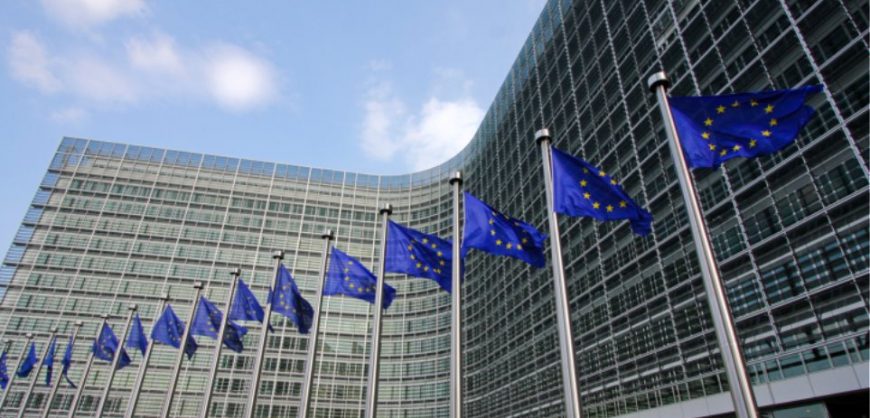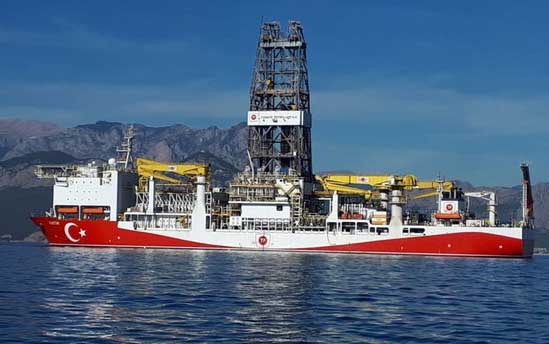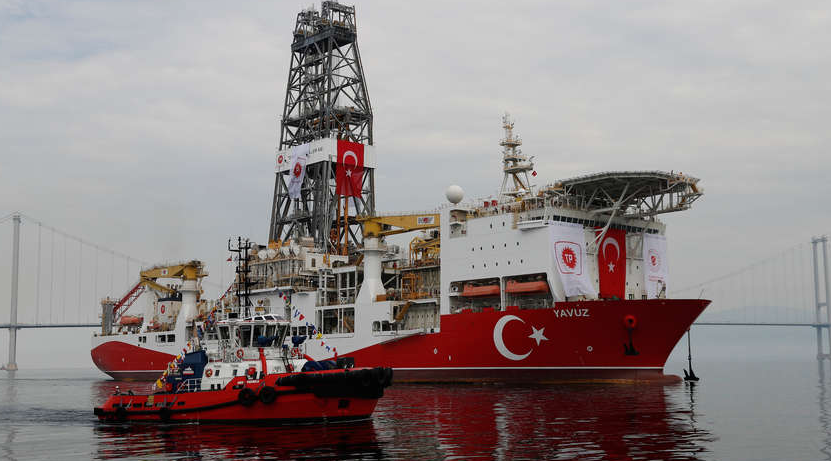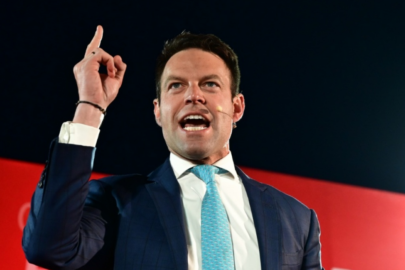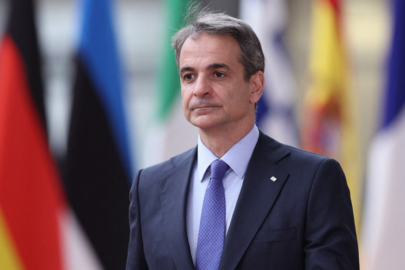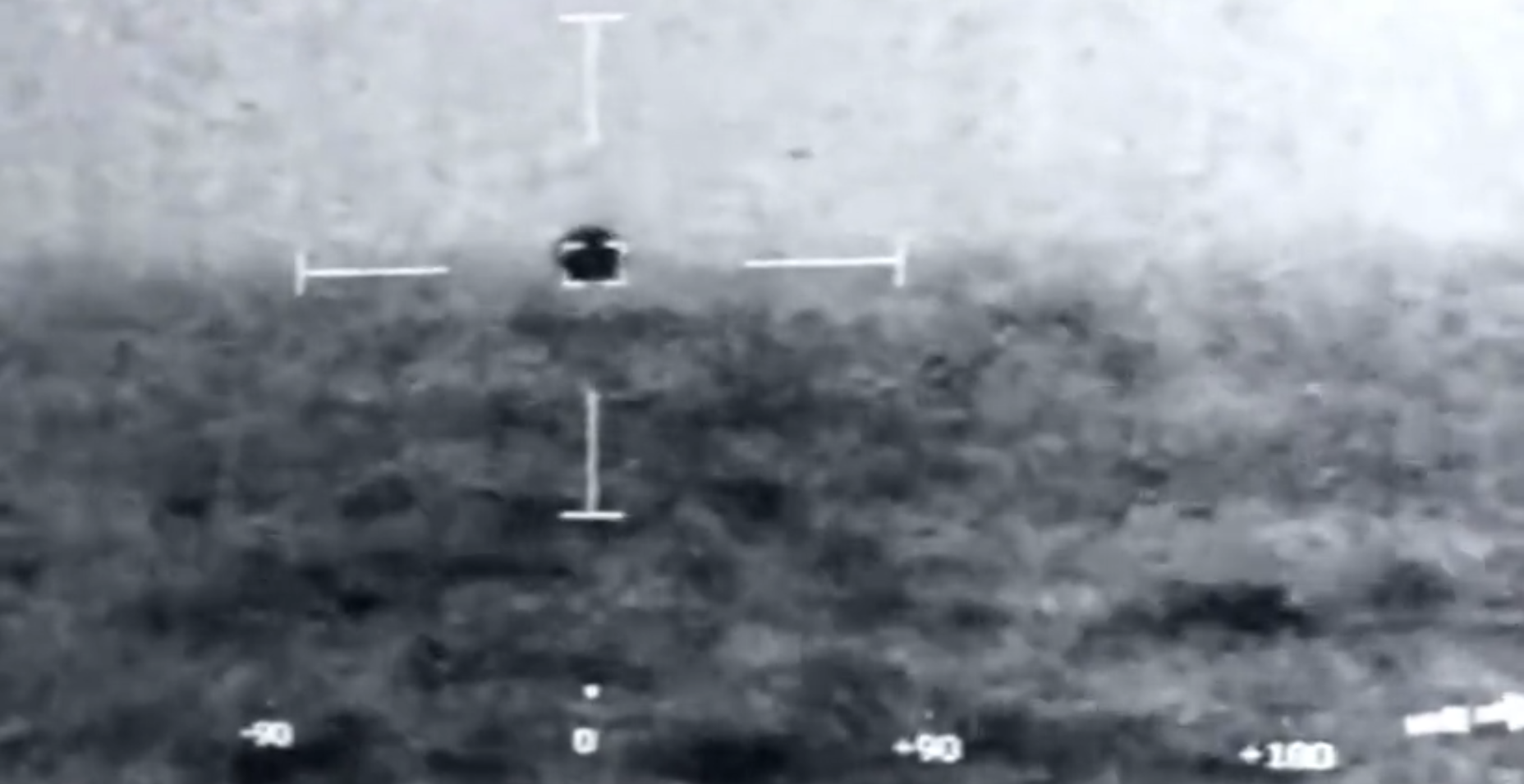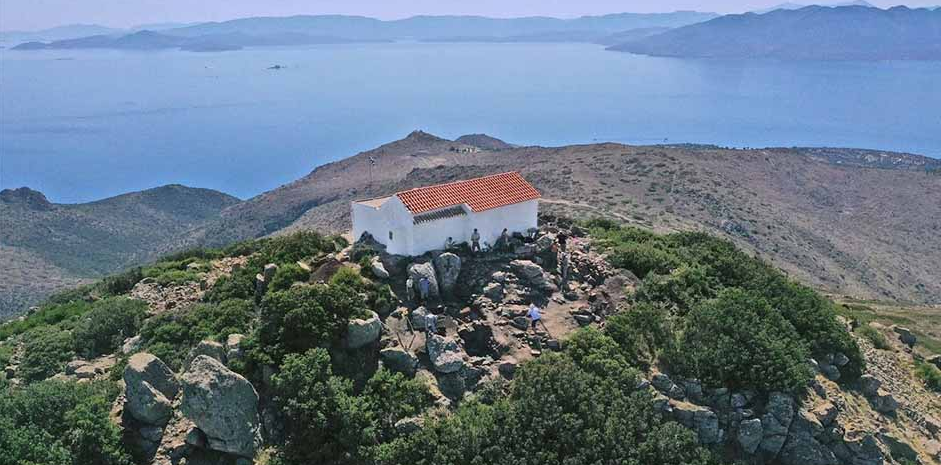Reuters on Thursday provided details of European Union’s planned measures against Turkey, including cutting funding, limiting European Investment Bank lending, suspension of ongoing negations over an aviation agreement, as well as sanctions.
But the close relations between the EU and Turkey, notably the refugee agreement, almost eliminate the possibility of broader economic sanctions targeting the latter, an EU diplomat told Reuters.
EU government envoys have been holding meetings in Brussels to discuss measures against Turkey for its drilling activities off Cyprus.
Turkey maintains that the Turkish state in north Cyprus, which only it recognises, should receive a fair share from the gas resources of the island. But the internationally recognised Cypriot government says any wealth will be divided once the island is reunited.
Turkey claims that areas within Cyprus’ exclusive economic zone (EEZ) fall within its own continental shelf. On Monday, Turkey’s second drillship arrived off the coast of Cyprus and is set to begin exploratory drilling for natural gas within days. The first Turkish ship was dispatched in May and has been operating in the west of Cyprus since last month.
“In light of Turkey’s continued and new illegal drilling activities, the (EU) decides to suspend negotiations on the Comprehensive Air Transport Agreement and agrees not to hold further meetings of the high-level dialogues for the time being,” Reuters quoted the EU draft statement.
The draft also suggests reducing pre-accession funding to Turkey for 2020 and urges the European Investment Bank to review its lending actions in Turkey, according to Reuters.
The draft stressed that the EU might introduce more restrictive measures against Turkey if it continues its drilling activities.
However, citing an EU diplomat familiar with the matter, Reuters said the bloc would only target people linked to Turkish drilling in Cyprus rather than imposing sanctions to Turkey.
“We’re trying to calibrate that carefully because we need Turkish cooperation on migration, NATO, countering terrorism,” the diplomat said, “Some member states rely on Turkey for energy transit so we must tread carefully. Don’t expect any wide economic sanctions.”
EU agrees on sanctions against Turkey over illegal drilling off Cyprus coast
The draft measures will be discussed on Monday

